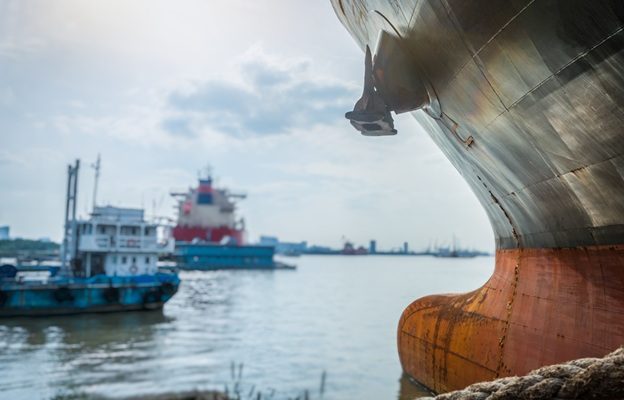In the demanding world of marine operations, durability isn’t optional; it’s essential. Tugboats, in particular, work under intense pressure. They push, pull, and maneuver massive vessels in tight spaces, often in harsh conditions. The work is high-risk, high-stakes, and hard on equipment.
That’s why the quality of a tugboat’s fender system matters more than most people realize.
Among the unsung heroes in this space is the delta fender — a robust, high-performance fender designed to absorb impact, protect hulls, and extend the life of working vessels. Though less flashy than advanced navigation systems or powerful engines, delta fenders quietly do the hard work that keeps tugboats safe and service-ready.
What Is a Delta Fender?
The delta fender is a heavy-duty rubber profile shaped like an inverted triangle (hence the “delta” name). Its unique geometry offers a wide base for strong adhesion and a soft, curved top that compresses under pressure — making it ideal for absorbing high levels of kinetic energy during berthing or pushing maneuvers.
Delta fenders are commonly installed on the bow or sides of tugboats, workboats, or other utility vessels. They serve as the first line of defense in vessel-to-vessel or vessel-to-dock contact.
Why Fender Choice Isn’t One-Size-Fits-All
Marine fenders come in various shapes: D-type, cylindrical, square, W-type, and more. The right fender isn’t just about fit — it’s about function.
The delta fender stands out for a few specific reasons:
- High energy absorption: It compresses to take the brunt of the impact and spreads the load, minimizing damage to both the tugboat and the assisted vessel.
- Excellent grip: Its wide base and flat back offer a solid mounting surface, while the V-shaped front ensures stable contact with curved hulls.
- Installation flexibility: Delta fenders can be bolted or bonded, customized in length, and tailored to the unique design of a vessel.
For tugboats operating in busy ports or tough offshore conditions, these features make a measurable difference in performance and safety.
Built for the Toughest Jobs at Sea
Tugboats rarely rest. They’re constantly maneuvering vessels many times their size — often under pressure from weather, tide, and time. That’s why every component, especially protective systems, must be engineered to endure.
Delta fenders are typically constructed from high-quality natural or synthetic rubber compounds. This ensures not only strong resistance to wear and UV exposure but also flexibility in freezing or sweltering temperatures. These fenders can maintain their performance in environments ranging from icy northern ports to the scorching heat of equatorial harbors.
Their ability to deliver consistent impact protection, even after thousands of compressions, is what makes them a go-to choice for long-term marine operations.
The Hidden ROI of High-Quality Fenders
Investing in high-quality fenders may seem like a low priority compared to engines or navigational upgrades. But ask any fleet manager or shipyard operator, and they’ll tell you — fender failure is expensive.
A poor-quality or worn-out fender can lead to:
- Hull damage that takes vessels offline
- Higher repair and repainting costs
- Reduced tug efficiency during operations
- Increased liability from accidents during berthing
A well-designed delta fender, on the other hand, helps reduce these risks. It acts as a cost-saving buffer — literally and financially. Over time, better fenders mean fewer unscheduled maintenance stops, longer vessel life, and a smoother return on investment.
Customization Matters
No two vessels operate the same way, and a fender that fits one tugboat perfectly might be wrong for another. The good news is that delta fenders can be manufactured in custom lengths, densities, and rubber compositions.
Whether you need extended coverage along the hull or specialized mounting grooves, the delta profile can be adapted without compromising on performance.
Even color customization is an option, which is increasingly important for branding, visibility, or port-specific safety standards.
A Quiet Performer, A Critical Role
Fenders don’t get much attention until something goes wrong. But for tugboat crews, reliable fenders are peace of mind. Knowing the vessel can handle sudden impacts without sustaining damage is critical — especially in tight quarters, strong currents, or when working with massive container ships and oil tankers.
Delta fenders are designed to handle these realities. They’re not flashy, but they’re essential — doing their job so that everyone else can do theirs safely and efficiently.
In marine operations, every component has a purpose — and few are as constantly tested as fenders. When you need a fender that balances strength, flexibility, and longevity under pressure, large boat fenders offers delta fenders engineered for real-world marine conditions, trusted by crews who can’t afford to compromise.




